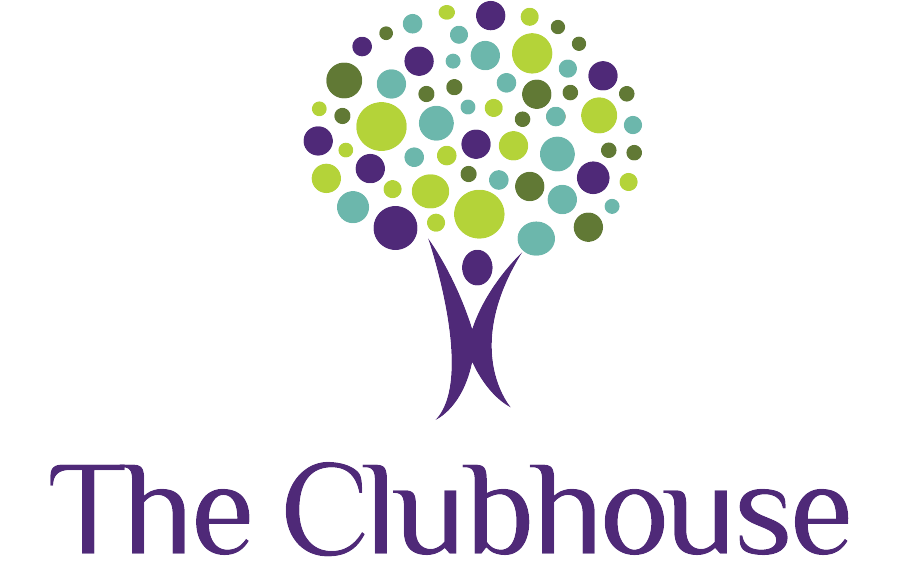3 Ways to Expand Speech and Language Through Play
Expand Speech and Language Through Play!
Professional Therapy — Cleverly Disguised as Play!” – The Clubhouse Model
As a Speech-Language Pathologist in the Early Intervention (birth-3) population, one of the questions I get asked the most is “What can I do to help my child’s speech and language development?” The good news is that there are COUNTLESS ways in which you can help! For example; shared book reading, floor time, and singing songs together are just a few examples of wonderful activities to encourage speech and language development.
The most important way to help expand speech and language development is through natural PLAY. There is nothing more important than taking a break from your hectic schedule, setting aside your daily work, and giving your child the gift of your time! Parents are the most important driver in their child’s development – so go ahead and engage in play with a purpose!
When I suggest play as a way to build speech and language- people say, “Oh- that’s an easy one! My child has a million toys!” However- it is the act of engaging together in specific types of play that help us to reach our therapeutic goals. 3 ways you can help your child expand their speech and language through play:
1) Be PRESENT!
- In this crazy world, it can be hard to put DOWN the iPads, iPhones, computers, and tablets and make it a priority to turn off & tune in! Carve out some time to be 100% present, without distractions – and “play with a purpose!”. Turn off the TV and take out the pacifier. Children do not learn social skills and language by watching TV!
- Make every opportunity a language learning activity – if it’s a trip to Target, bath-time, or dinner time- you can make every activity a language learning activity. Point to things, name them, ask wh-questions, and use descriptive language when talking about everyday items (i.e. rubber duck). You could use descriptive language to talk about where ducks live, their body parts, their size, color, actions, sounds they make, and foods they eat). Children learn language in everyday moments- just SLOW DOWN and really talk to your little one during these routines!
2) Re-think your toys!
- Sure – the bright, plastic, song-singing, voice changing, light up toys are great. But there are the “boring” and “basic” toys that can have far more impact! They promote open-ended play opportunities, offer a time to think, and encourage creativity! Through open-ended play children are really creating: using what they have and what they already know, and combining that to create a whole that’s greater than the parts. Some favorite “basic” toys are: stacking cups, wooden blocks, play-dough, and balls. Using these items during playtime will open up new opportunities, each time you use them. Just a few language, social, and cognitive skills you could target during open-ended play are:
- Color, size and shape concepts.
- Preposition concepts (e. in, out, on, under, next to, behind, top, bottom).
- Counting skills
- Problem solving skills (i.e. have them figure out which cups will stack inside another or which block will make the tower fall down, when removed).
- Hand-eye coordination/fine motor skills & visual processing
- Cause and Effect relationships (“ready.. 1-2-….3!!” and the tower falls!)
3) Do a favorite activity – again and again.
- For learning to occur, it must be FUN! It needs to be about doing things with them that they like. They might find unusual ways of doing things – for a toddler, building blocks aren’t just for making towers, and paint can be used without a brush! Show them how things work, but if they want to experiment, let them. For example; One of the children that I work with loves to race his scooter up and down the halls over and over again. If I take five minutes at the beginning of his speech session- to be next to him and watch & laugh while he does goofy things like crash into the couch or fall over and crash to the floor- he’ll play happily with me for an hour! I also take the opportunity to use language during a preferred activity (i.e. scooter riding) I use language to describe and narrate activity (i.e. “slow, fast, up, down, over, under, turn, wheels, etc.).
“Play is often talked about as if it were a relief from serious learning. But for children pay is serious learning. Play is really the work of childhood.” – Fred Rogers
As the quote suggests- play should never be overlooked-it is a serious matter! I hope this post helps provide you with some inspiration and ideas of how you can incorporate play, into your daily routine. Don’t forget to just have fun with it!
By Jayne Jay, M.H.S., CF-SLP

